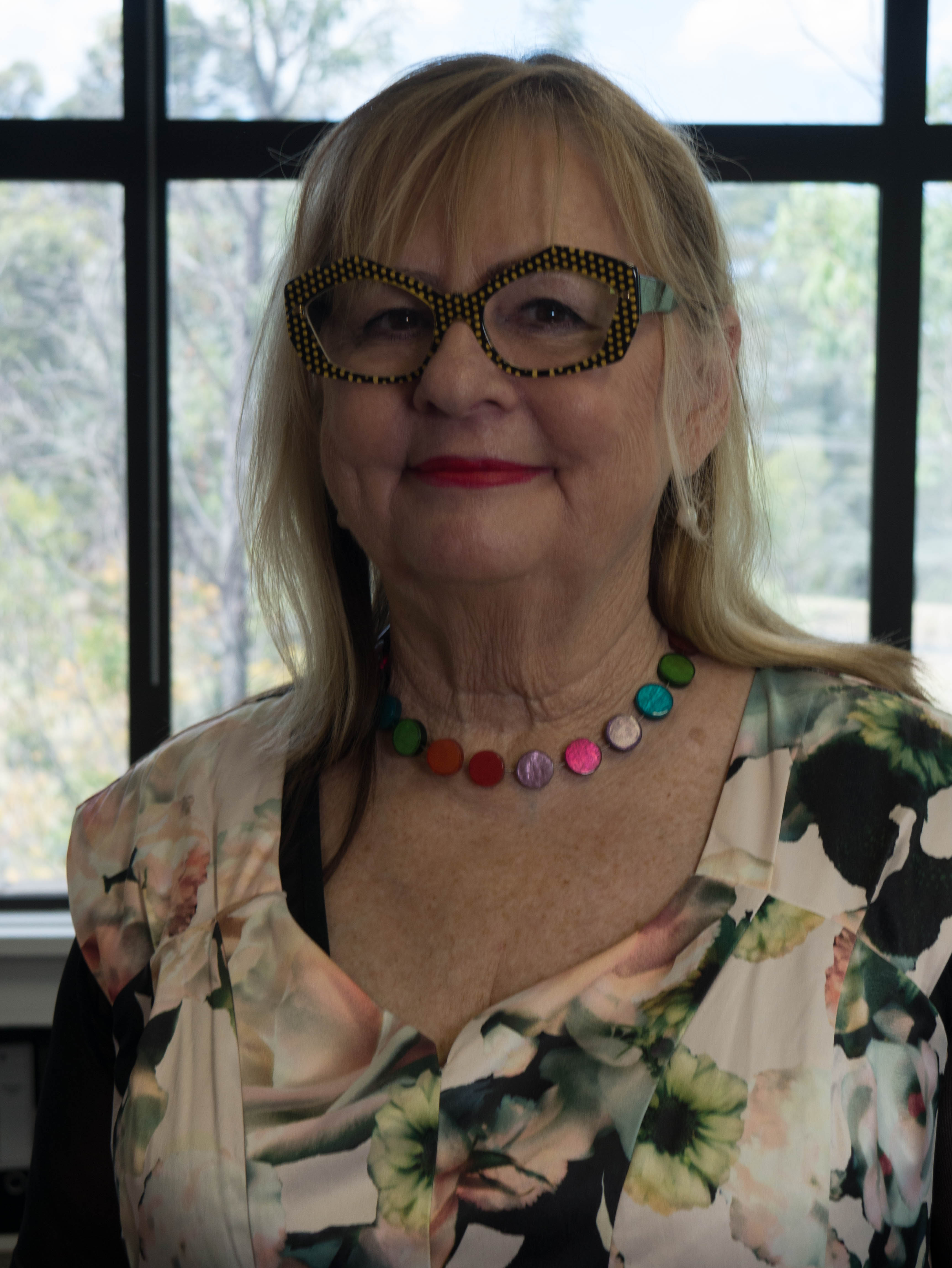This article is taken from
Our Community Matters.
Get the latest edition here.
Collaboration: they said it
For this collaboration-themed issue of Our Community Matters, we asked community sector and business leaders about the good, the bad and the ugly of joining up with another organisation.
Daniel Stubbs, Inner Melbourne Legal Centre

How can collaborations go wrong?
Making assumptions about what each can and should do. And not understanding the limits of the other party’s capacity. For example, often it’s easy to assume that large corporate law firms have significant resources to bring to a collaboration. The truth is that they have a significant work load with paying clients and we need to fit within that. If we show that level of understanding that will help bring partners like this on board.
How do you share the load fairly?
It’s crucial to be clear up front about what both parties are best placed to do and how much. And along the way we need to provide feedback about how the division of labour is working.
How do you collaborate without losing all your hair?
By maintaining open communication channels so issues can be raised easily.
Collaborations are hard work. Why bother?
The test is whether it provides significant benefit for vulnerable clients that we would not have been able to deliver without the collaboration. If in fact the collaboration takes more resources than the capacity it adds then we need to question it.
Liz Cameron-Smith, PwC’s The Impact Assembly

How can collaborations go wrong?
They go wrong if it's not the right approach to take. I don't think collaboration is the answer to everything. But if you are taking a collaborative approach, it can fall over if there isn't shared leadership and commitment to following through.
It is hard, and there will be ups and downs. If you're not prepared to stay the course, and continually learn and pivot as you go, it's going to be a really frustrating experience, and eventually it will run out of steam. It's often nobody's day job to keep it going.
How do you share the load fairly?
A big part of it is about setting up a different mindset, so that it's not actually about who takes the credit, and “who owns this?” It's about how shared ownership, and therefore shared credit. Inevitably you will have certain organisations playing a stronger role than others, but that should be designed based on who's the right group to play which part. If you've co-designed the way that works, you get a lot less of that attitude, because you've all been part of shaping the approach.
How do you collaborate without losing all your hair?
We know it’s hard. And that’s why it’s important to have that collaborative “infrastructure” at the core. It can be hard to keep momentum going, which is why having a neutral group like us at the core helps takes some of the difficulty out of collaboration. We make it our job to think about how to navigate some of those complex dynamics, and move things from talk to action.
Collaborations are hard work. Why bother?
Where it is an issue that's not going to be solved by isolated action, my question is, "How else are you going to get change to happen?"
Denis Moriarty, group managing director, Our Community

How do you share the load fairly?
With open arms, honesty and respect for each other’s “cultural” differences.
How do you collaborate without losing all your hair?
Keep reminding yourself that you are not the Messiah, tomorrow is another day and things take time – a lot longer that you initially planned .
Collaborations are hard work. Why bother?
Because they can work brilliantly – some are glorious happy marriages. Some are toxic. If you are honest about making them work, it’s worth bothering.
Tony Rutherford, principal, Moores legal

How do you share the load fairly?
Usually that will that will be dictated by the documents. The agreement will dictate what each party is required to do. There are dispute resolution mechanisms in those agreements that the parties can take advantage of, to the extent that one party is not pulling their weight.
How can organisations do this without losing their hair?
Get proper advice and do the work early on. A lot of effort needs to go into understanding their own organisation, and what their strengths and weaknesses are, their values and their purpose. Also putting a lot of effort into meeting on a regular basis with the organisation they're looking to partner with. And working out what their values and purposes are and making sure their purposes are aligned. Obviously if you going to be working together, that's really important.
Elizabeth Crowther, CEO, Wellways

How can collaborations go wrong?
When people enter into them for conflicting purposes. Be clear why you want to enter into a collaboration and do it for the right reasons. You can spend a whole lot of time meeting and navel gazing and not actually progressing what you what you need to do.”
How do you share the load fairly?
Everybody works hard!
How do you collaborate without losing your hair?
You have to want to collaborate to be successful. And you have to know what it is that you're aiming for. For my sins, I happened to be chair of a number of peaks. Why? Multiple voices are just noise. Single strategic voices actually can have some impact over time.
Collaborations are hard work. Why bother?
Justice is a major driver for me. No one organisation can do it all, and they shouldn't.
David MacKenzie, Associate Professor, Swinburne University and partner in the Geelong Project

How can collaborations go wrong?
If people pursue their narrow organisational self interest, at the expense of the collaboration and the collective, and start to compete in a very disorganised way, that can ruin trust and disassemble what's come together.
How do you share the load fairly?
By having collective decision-making practices. By having policies. By starting to construct new sorts of institutional forms. They may not be legal entities in the sense that a community agency is a legal company, but if you want to work collaboratively, then you've actually got to create new processes and new organisational structures to make that work. And, you've got to give up something to participate, and get the benefits of collaboration.
How do you collaborate without losing your hair?
Actually I did lose all my hair over the past 10 years! I joke that it’s The Geelong Project’s fault, but I actually think it's probably hereditary.
Seriously though, collaboration is a process with problems and you've got to be prepared to be a problem solver. You've got to be prepared – as a group – to develop a culture of frank discussion and debate and criticism. That's less common than you might think in the community sector, unfortunately. People are often habituated into being their own PR machines, but I think we've achieved a critical culture into Geelong, and that's been very helpful.
Collaborations are hard work. Why bother?
If we want to make a difference, if we want to overcome disadvantage, if we want all Australians to share in the prosperity of this country, then we've got to do some of these things. We don't accept that there's a significant proportion of the community that are poor; that there are children who don't have the advantages that other children have. There's a whole raft of things we can do about it, but what we've done in the Geelong project is something practical that has made a difference.
Jocelyn Bignold, CEO, McAuley Community Services for Women

How can collaborations go wrong?
When you don’t spend time building the relationship; you need to have a bit of trust established and then it’s easier to address issues of potential or real conflict early. And when you are not clear on the expectations of each party; miscommunication can escalate into a difficult situation easily and quickly (especially when it’s not in person). Finally, fear of clear communication, i.e. being able to have a conversation that you might feel uncomfortable about. The solution is to stick to the issue and remove the emotion.
How do you share the load fairly?
It’s not always clear cut, but usually by negotiation and working to your strengths and areas of expertise (what is it that each party is bringing to the collaboration).
How do you collaborate without losing your hair?
All of the above AND it is important to have a values alignment. If you are coming from a different philosophical position, maybe it’s time to cut your losses and get out while you still have hair.
Collaborations are hard work. Why bother?
Because they can be fun, and because you know, or have reason to believe, the collaboration is going to produce better results than if you were doing it alone.
